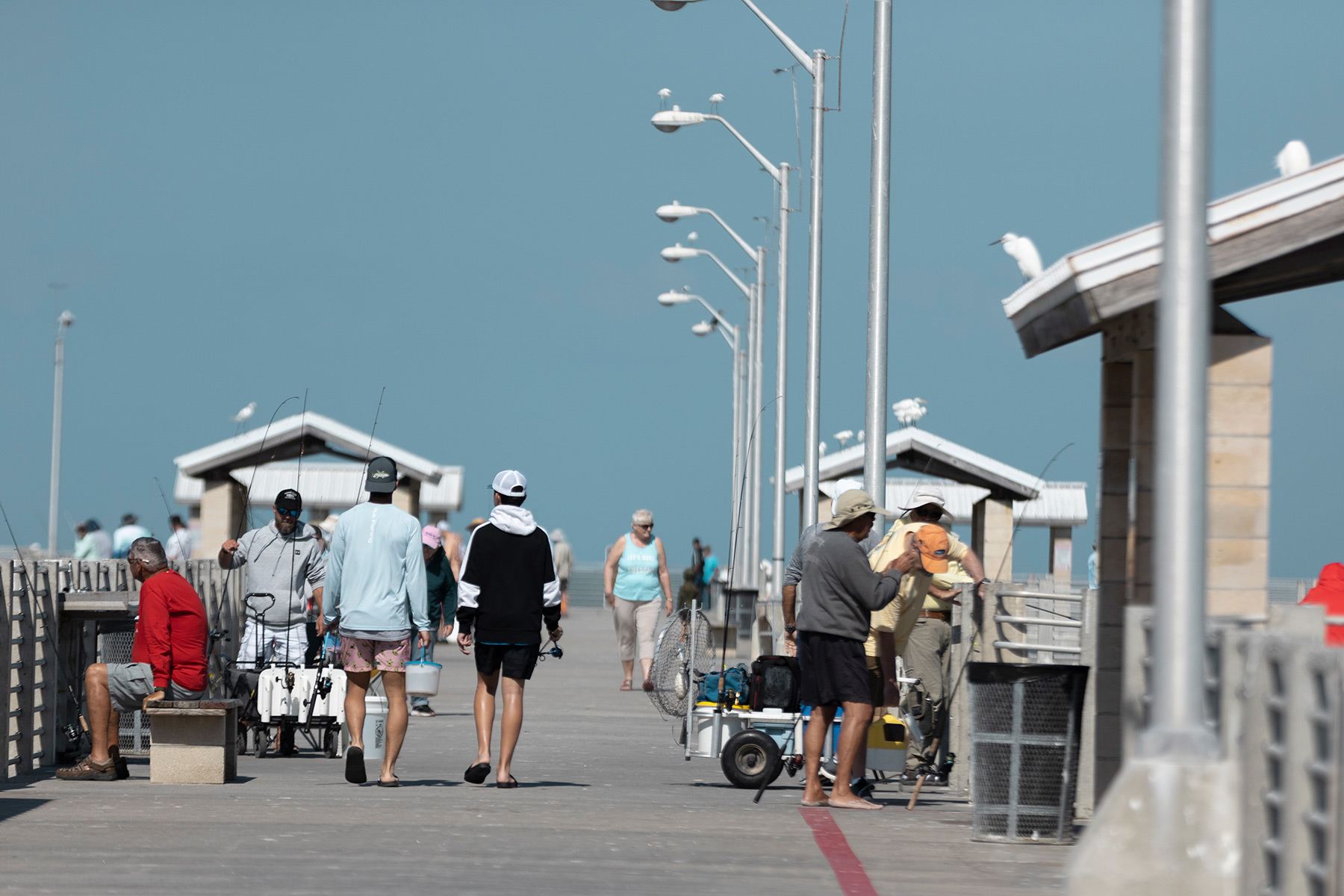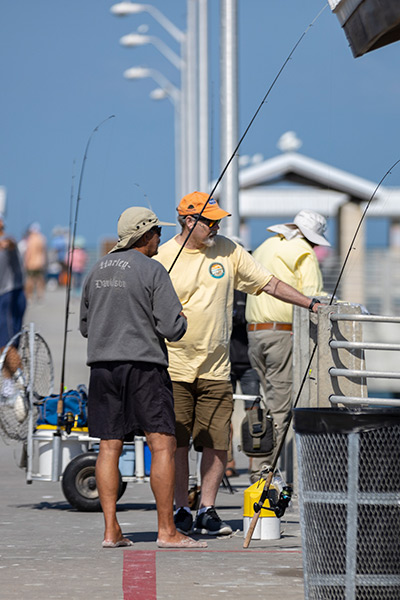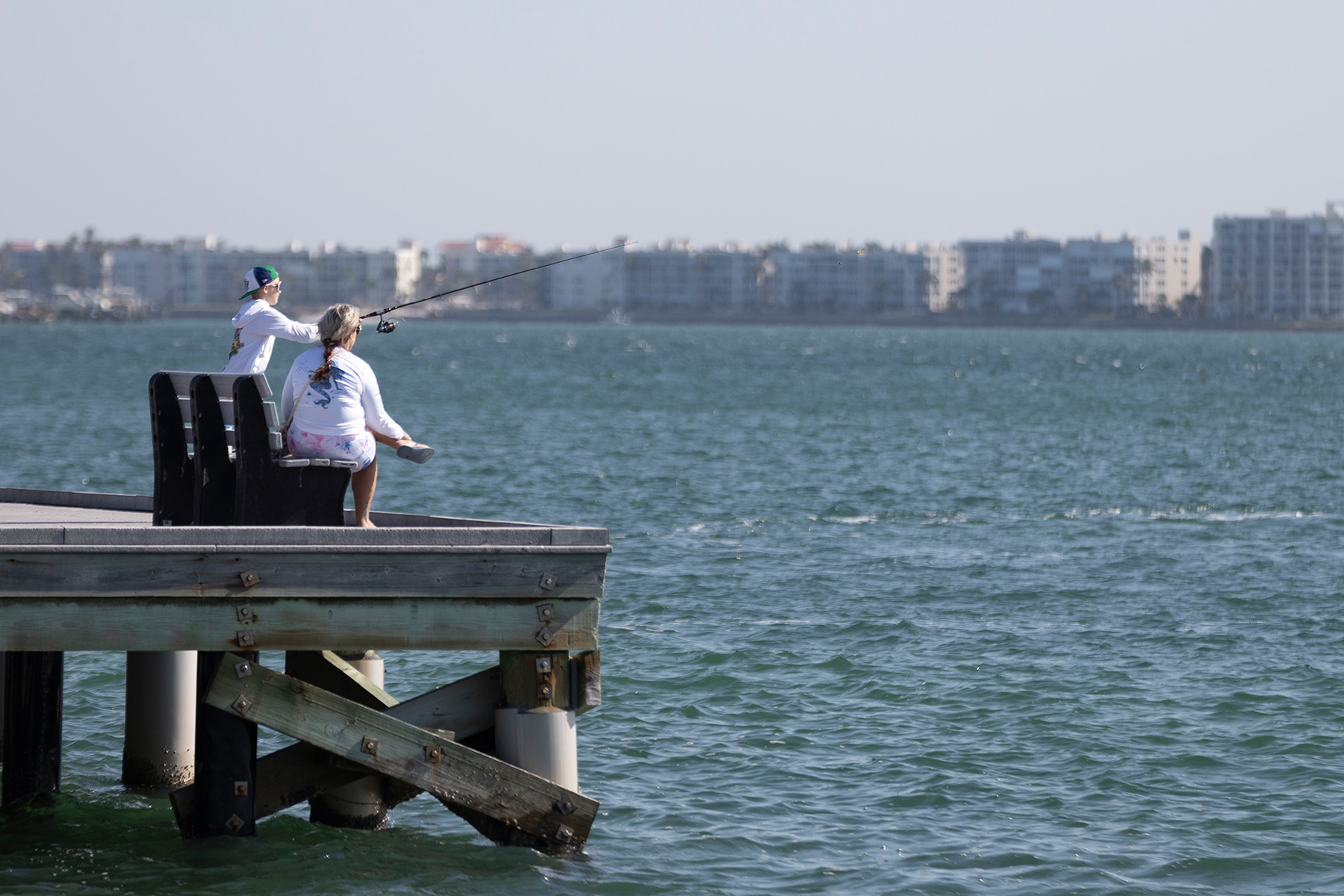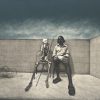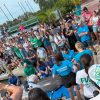Fishing isn’t just a way to feed your family, according to a new study by Eckerd College’s Jessie Fly, Ph.D., and Noëlle Boucquey, Ph.D., it’s also where people can escape the social pressures of home and work.
Published in January’s Wellbeing, Space and Society, a peer-reviewed journal, “Flows of Care in ‘Third Places’: The Role of Shore Fishing Spaces in Collective Wellbeing” used existing survey research conducted since 2018 in the Tampa Bay area on subsistence fishers and expanded the scope to include more of why they flock to local piers. Fly, an associate professor of anthropology, and Boucquey, an associate professor of environmental studies, worked together with a student research team to produce a previous study on urban fishers.
“I read an article about the concept of ‘third places’ developed by a sociologist,” Fly says. “It’s used to describe places that are not home or work where people may go and derive social benefits of community and relaxation. It seemed natural to use this lens when studying fishing spaces.”
Fly says third places are rapidly disappearing because of privatization of public spaces. In the past, people would congregate at coffee shops, barbershops, malls and other common areas in the community to take part in their social benefits of conversation and camaraderie. In the wake of corporatization and the global pandemic, many of the places are being reimagined to discourage gathering and promote efficiency.
“Our research and findings after surveying and observing the fishing community talk about how they, too, are endangered,” Fly explains. “It becomes even more important to pay attention to the individual well-being and the collective good these places foster.”
Fishers interact with people from different cultural and socioeconomic backgrounds in public fishing spaces, according to the study. “Some people go to fish for self-care because they’ve had a hard day and they want to have fun,” Fly says. “You do see the flows of care going from inward to outward. We’ve observed people caring about other people on the piers and the birds and the water quality.”
Having established that these sorts of social interactions improve the empathy of individuals, Fly says the next step for her research team will be to examine other third places still in operation to get a clearer picture of what society may be losing.
“One of our Ford Scholars did research on women’s experiences in online fishing communities and the sorts of nasty harassment that they received in the virtual spaces,” Fly recalls. “They did not experience that sort of behavior in person. Social capital builds up when you are standing face to face. There is something to our culturally ingrained niceties that helps you bridge a gap.”





